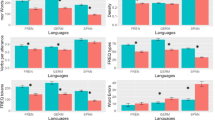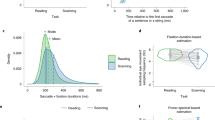Abstract
I READ President Coolidge's address and Prof. Gardner's letter on this subject in the Times of November 21, 1923, and, now, your report of Prof. R. G. Kent's article (NATURE, January 3, p. 23), with interest, but there are two points connected with the matter to which attention may usefully be directed. One of the principal causes of the neglect of Latin and Greek in schools is the world-wide recognition of the importance of a knowledge of the so-called “modern languages.” This is a blind argument. It is as if a student, desiring to acquaint himself with the contents of the top shelves in a library, deliberately ignored and neglected the ladder by which they are reached, and tried to get at them by jumping. Those who are old enough to have been at school in the days of compulsory Latin and Greek amply realise the enormous value of even an almost forgotten grounding in the classics, in the acquisition of any foreign language—this point requires no labouring. I wish to point out the great value of having at some time been taught the phonation of an unfamiliar text, like Greek, when one comes in later life to study any Oriental language—or, for obvious reasons, Russian. The mind is no longer terrified by the aspect of unknown characters, and thus the first great, and often repellent, difficulty is recognised as being really of little account.
This is a preview of subscription content, access via your institution
Access options
Subscribe to this journal
Receive 51 print issues and online access
$199.00 per year
only $3.90 per issue
Buy this article
- Purchase on SpringerLink
- Instant access to the full article PDF.
USD 39.95
Prices may be subject to local taxes which are calculated during checkout
Similar content being viewed by others
Author information
Authors and Affiliations
Rights and permissions
About this article
Cite this article
HERON-ALLEN, E. The Need for a Universal Language. Nature 115, 159 (1925). https://doi.org/10.1038/115159a0
Issue date:
DOI: https://doi.org/10.1038/115159a0



